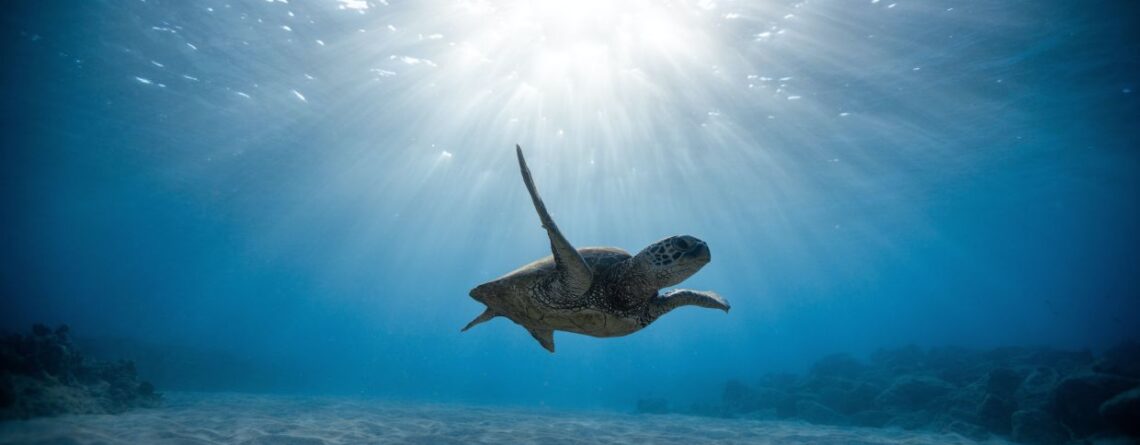QuickCheck: Is the ocean naturally radioactive?
THERE is a popular quote that goes, “the sea is a cruel mistress”. What a lot of people don’t know is that there’s a second part to it: “You can love her, you can hate her, but you can never trust her.” While the quote is not attributed to anyone, it has been floating around in the English language for at least 200 years. Whoever first came up with the quote was most likely talking about the weather, seeing that 200 years ago was the Age of Sail, but apparently there was one more reason not to trust the sea: It’s actually naturally radioactive. Is this true?
Verdict:

TRUE
The ocean is actually slightly radioactive. Which when you think about it isn’t too surprising.
Naturally occurring radioactive materials, such as uranium and radium, are mined from rocks.
Some of these rocks, such as granite, are actually fairly common. It’s just that the amount of fissile materials within the rocks might be very low.
However, due to natural erosion from wind and rain, small quantities of these radioactive materials are mixed in the sediment that rivers collect and transported out into the oceans.
Mind you this is happening over geologic time periods so we are talking billions of years here.
Aside from that, the sea is salty because of the sodium and chloride dissolved in it. But it also has other major ions dissolved in it such as potassium 40.
In fact, according to Dr Henrietta Dulai of the Schmidt Ocean Institute, there is so much potassium in the ocean, and being that it decays over such a long period of time, the radiation is almost constant.
“The ocean is quite radioactive, much more so than rivers,” she says.
“Sodium and chloride make it salty, but that is also caused by other major ions such as potassium. Potassium 40 makes the ocean very radioactive.”
However, we are not talking Chernobyl levels of radiation here, the ocean is only slightly radioactive.
To put things in perspective a banana, thanks to how much potassium it has, is far more radioactive than seawater.
A hand-held Geiger counter can detect the slight radioactive decay that comes off a banana, whereas you would need a whole lab with special equipment to do the same with seawater.
However, the ocean is almost unimaginably vast, meaning that there are a lot of radioactive materials dissolved in it.
By some estimates, there are over four billion tonnes of dissolved uranium in the ocean, which represents almost a quarter of all the uranium on planet Earth.
Over the 50 years, there have been several studies into how to cost effectively extract uranium from seawater but as of yet, it is still cheaper to mine it.













Leave a Reply